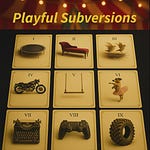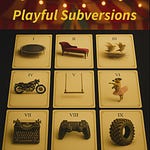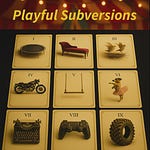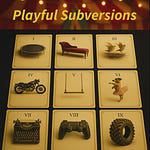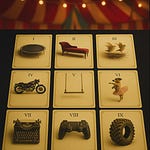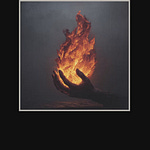In this Halloween episode, I welcome my friend and colleague Heather McGibbon, a psychodynamic therapist and cinema scholar whose unusual passion for horror and serial killers makes her the perfect guest for a spooky season conversation. We explore how horror functions both psychologically and culturally—as a container for our deepest fears, desires, and aggression.
Heather shares how her fascination with horror began in childhood, when she realized the unsettling truth that she could hurt someone else without feeling their pain—an early moment of empathy formation mirrored in her lifelong intrigue with Michael Myers and the unfeeling violence of Halloween (1978). For her, horror’s formulaic genres—slasher films, true crime, and docudramas like Snapped—offer safe symbolic spaces to metabolize rage, grief, and the uncanny.
We unpack Snapped, Oxygen Network’s long-running series about women who kill, and its strange mix of horror, parody, and voyeurism. Heather describes how its narration—judgmental, dramatic, even humorous—reveals the seams of genre, turning domestic frustration and class resentment into spectacle. We discuss how the show often mirrors gendered power dynamics: women, often working-class and white, lashing out against economic or relational confinement.
Our conversation shifts from Snapped to cinematic horror, exploring why films like Halloween, The Witch, and Hereditary terrify and fascinate us. I share how Halloween’s sexual morality resonated with me as a queer adolescent during the AIDS epidemic—where sex itself felt deadly. We trace the recurring imagery of the witch, child-devouring mothers, and other archetypes as expressions of cultural anxiety about reproduction, power, and the feminine.
As we laugh about watching Snapped as a couple’s activity and confess our horror thresholds, the discussion deepens into psychoanalytic territory: horror as a form of play, displacement, and even dissociation. In the end, what emerges is an understanding of horror not as mere entertainment but as a mirror of our inner conflicts—where the monstrous, the comic, and the real blur together.



